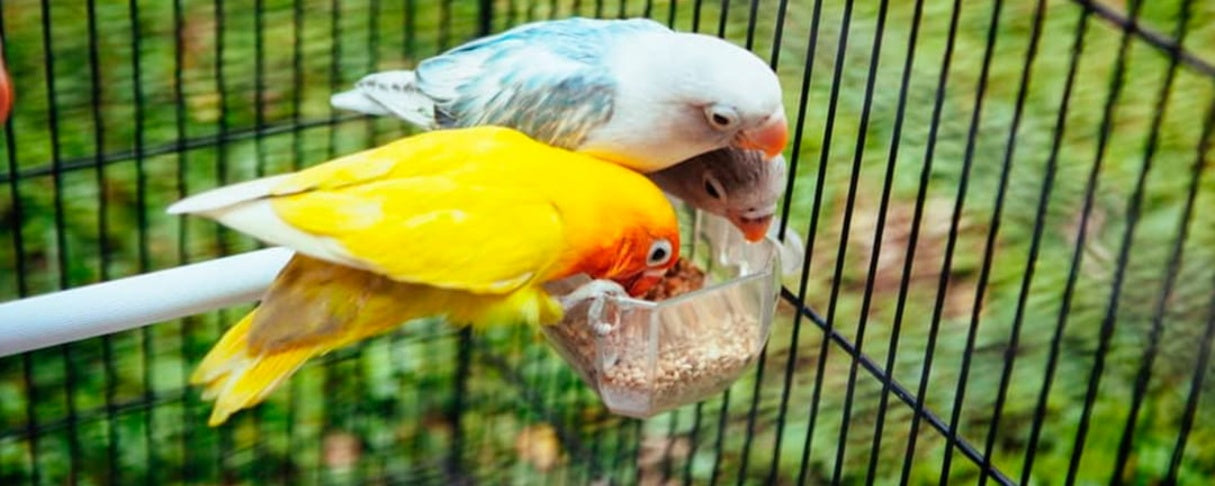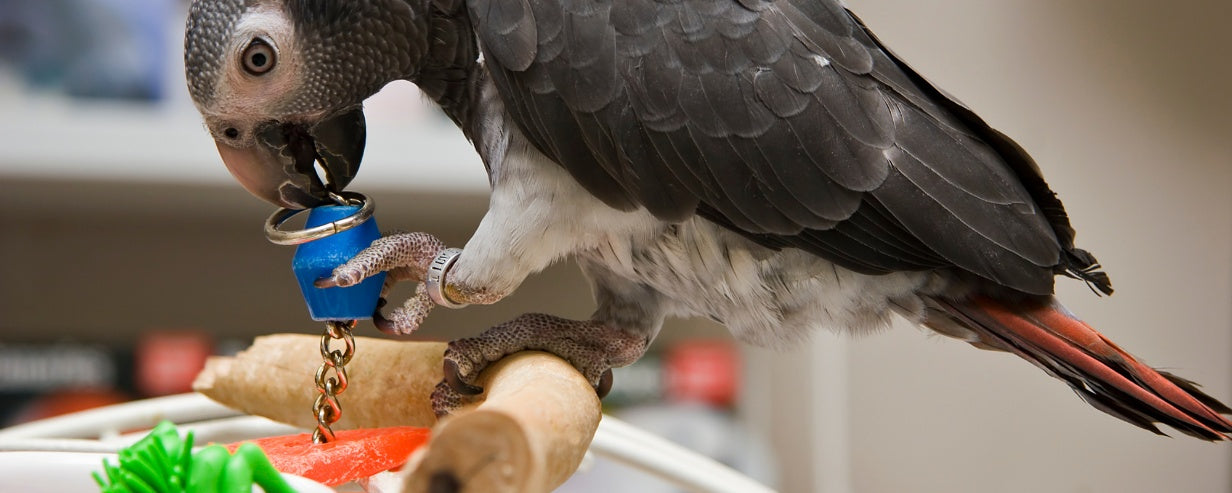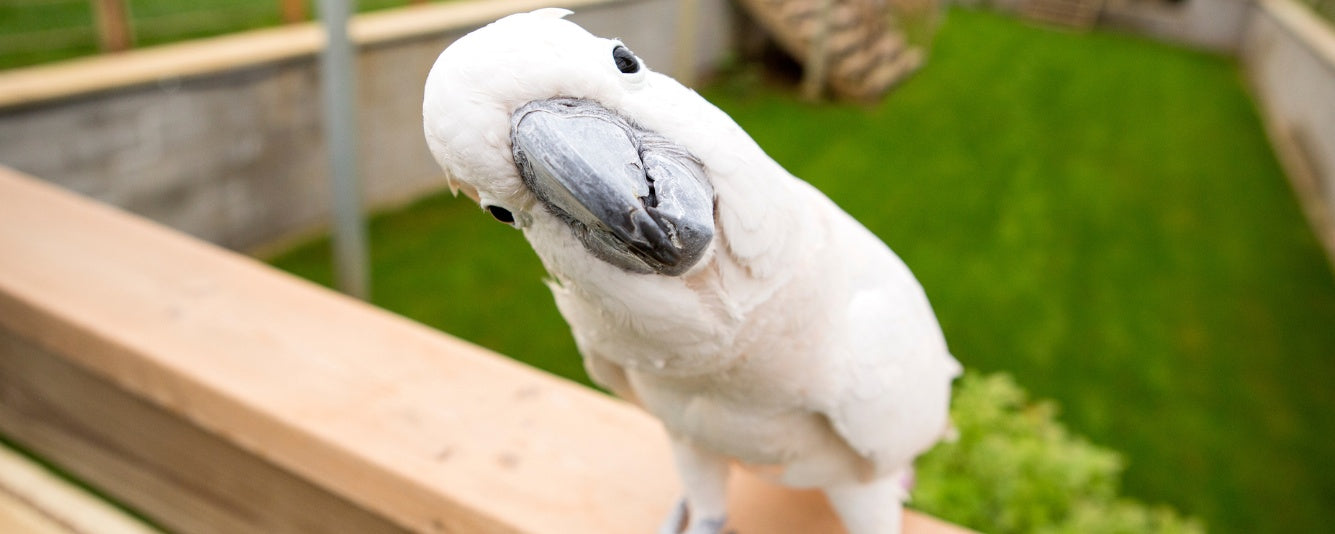Raising chicks is an incredibly rewarding experience, but it requires careful attention to detail to ensure the healthy growth of your flock. Whether you’re a new chicken owner or looking to improve your setup, here are the best practices for ensuring your chicks thrive.
1. Setting Up a Warm Brooder
One of the most critical steps in raising chicks is providing a warm, secure environment known as a brooder. New chicks are fragile and rely on external heat sources to stay warm since they cannot regulate their body temperature. Place the brooder in a draft-free area and use a heat lamp to maintain a temperature of 90-95°F during the first week, lowering the temperature by 5°F each week as the chicks grow. Make sure the heat source is safely positioned to prevent any accidents.
2. Nutrition is Key
Your chicks’ health depends heavily on the right nutrition. A chick starter feed should be provided from day one. This feed contains essential nutrients and proteins needed for growth and development. Choose between medicated or unmediated feed depending on whether you want to prevent potential diseases early on. Always provide fresh, clean water and check it regularly throughout the day to ensure your chicks stay hydrated.
3. Maintain Clean Bedding and Hygiene
Hygiene plays a crucial role in raising chicks. Clean, dry bedding helps prevent infections and respiratory problems. Wood shavings are an excellent option for bedding, but avoid materials that are too fine, like sawdust, as they can be ingested and cause health issues. Regularly change bedding and clean the brooder to prevent waste build up and reduce the risk of disease.
4. Gradually Increase Space
As your chicks grow, they will need more space to move around. Overcrowding can lead to stress and health problems, so make sure to increase the brooder size or transition to a larger area as they mature. By providing ample space, you reduce the risk of competition for resources and ensure your chicks can develop naturally.
5. Monitor Health and Development
Keep a close eye on your chicks’ behavior and growth. Healthy chicks are active, alert, and eager to eat. If you notice lethargy, changes in eating habits, or any signs of illness, act quickly by consulting a vet or poultry expert. Regular checkups and close monitoring help ensure that small issues don’t become major problems.
Conclusion: Growing a Healthy Flock
Raising chicks is a delightful journey that requires dedication and care. By focusing on warmth, nutrition, hygiene, and space, you’ll create the perfect environment for your chicks to thrive. From their early days in the brooder to their growth into healthy adult chickens, these best practices will ensure that you raise a happy, healthy flock.








